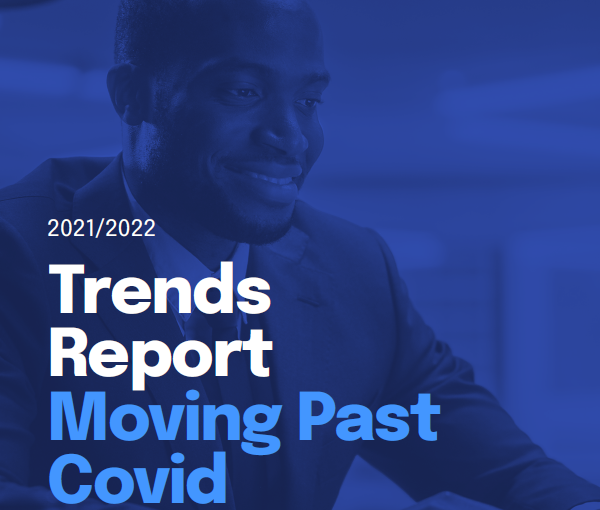Home page
IMSA Search Global Partners, having associated members, partners, and friends in 26 countries all over the world, is standing up
FOR FREEDOM and AGAINST WAR throughout the civilized world. We call attention to the unprovoked war and horror being endured by the innocent people in Ukraine.
Our hearts go out to all whose life has been irreversibly changed in this unnecessary war – the brave men, women, and children of Ukraine.

About Us
IMSA Search Global Partners carry out recruitment basing on executive search, in order to identify the best C-level professionals on a local and global markets, and to enable the Clients to reach their strategic and operational targets.
IMSA Search work closely with international accounts to help them build effective business across the Americas, Europe, Africa and Asia/Pacific.
Countries
Offices
Consultants
News & Insights
IMSA Board
IMSA Search Global Partners is a Swiss based organization, which specializes in recruitment of middle and senior management. The organization consists of head hunting boutique companies, local leaders in executive search recruitments, representing different countries around the globe. Our cooperation is based on honestly built relations, exchanging knowledge and business between countries. Meet our Board and learn more.

Discover "The Change"









